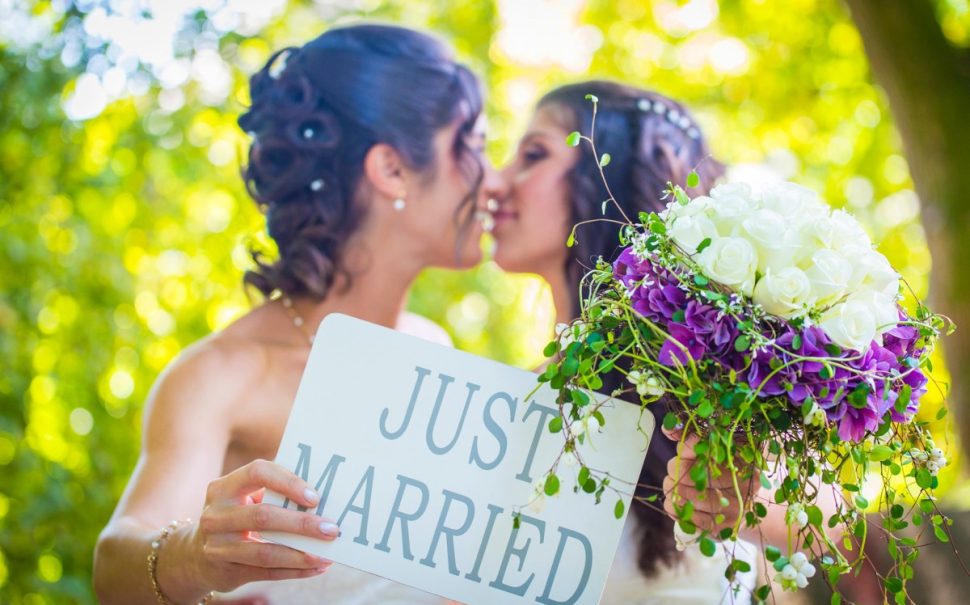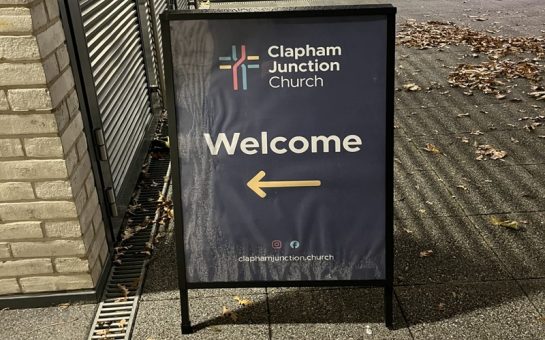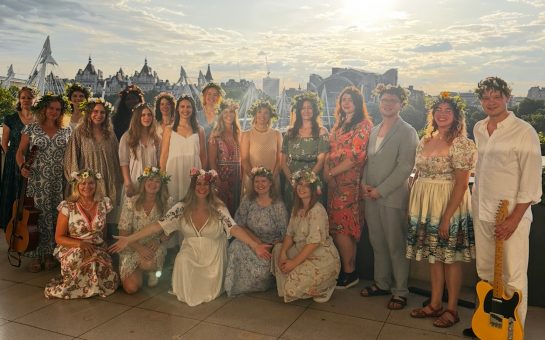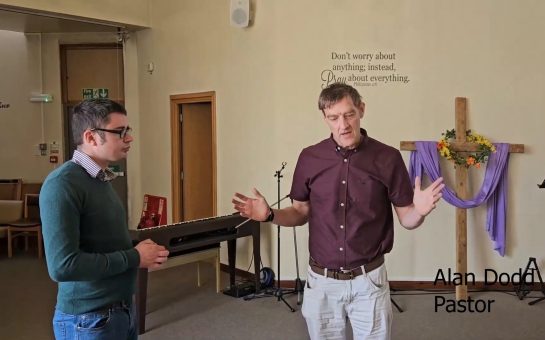Marriage is on its way out and could be extinct by the second half of the century.
Research from the think tank Civitas found that by 2062, the marriage rate will be down by more than 70%, and marriage rates have almost halved in the last 35 years.
It’s almost too early to say but the first generation of Gen Z are getting married and, with the exception of a few outliers, they seem largely uninterested in ringing the wedding bells.
Angus, 22, is single and navigating the queer dating scene in London.
He said: “Marriage doesn’t motivate me and I have no strong desire to be married.
“I don’t like how a lot of people see it as an end goal – being in a long-term monogamous relationship isn’t necessarily a goal for me.
“Married or not, me, my friends, and everybody in my life would know how much I love my partner.”
While the shame of unmarried cohabitation still very much looms over religious and traditionalist communities in the UK, it’s becoming less and less taboo to not get married, and social stigma is a powerful force.
When the pressure is off, and marriage is no longer an inevitability, it calls into question the real reasons behind the desire to wed, and young people seem to be comfortable straying from tradition.
24-year-old Gabriette is in a long-term relationship with her first boyfriend.
She said: “I feel like, on a generational level, things are changing quite a bit.
“There’s not as much pressure to get married in the West, and the idea of what a healthy relationship is, what the standards for women are, have changed.
“However I also don’t think that marriage is some horrible, oppressive structure designed to keep women submissive.
“I think that marriage can be a really lovely celebration, basically just a big party.”
In fact, when young people think of ‘marriage’, what they might be thinking of is ‘wedding’, and the party aspect holds real significance.
Gabriette said: “I have no desire to get married and I don’t think it would ‘complete’ me, but the idea of having an anniversary just for you and your partner is really special.
“Who doesn’t love a party? It’s so much fun. The key thing with marriage is: make it what you want it to be.”
This sentiment is one that is shared by many young people in their redefinition of what a marriage means – the idea of celebrating a union ticks boxes of gratitude and mindfulness.
But not all progressive Gen Z-ers are interested in dismantling tradition.
Henry, 23, is brown, and gay, and believes there is something to be said for reappropriating traditions.
Henry said: “I want to get married. I think some people don’t believe in it because they’re trying to challenge social norms and social constructs, or they don’t believe in officiating a connection.
“I don’t believe that all social constructs need to be deconstructed.
“As someone who doesn’t fit the mould of what marriage should look like, it feels like a way that I can claim a space that isn’t mine by using a ceremony that’s meant to be for everyone.
“It pushes me even more to do it because I want to situate myself in places rather than segregate myself by being alternative.”
The main challenge, though, appears to be financial rather than ideological.
Even the most understated of weddings can be cripplingly expensive, and if it’s the experience we want, the honeymoon, bridal shower, and hen-do are part of the wedding package.
Henry said: “I have a job that’s going to be super demanding should I stay in it, but it’s going to give me the financial stability to have children, a home, a wedding, and all of these things you associate with marriage.
“I feel like I’m in a position to do it, and I feel very privileged.”
In an economy that’s recovering from Covid and the fuel crisis in Europe, most young people at the beginning of their careers don’t feel that they have the financial means to realise their wedding dreams.
Perhaps we’ll see a resurgence in marriage that bumps the figures up, but cultural attitudes, religious leanings, and economic positions are moving ever further from the marriage goalpost.





